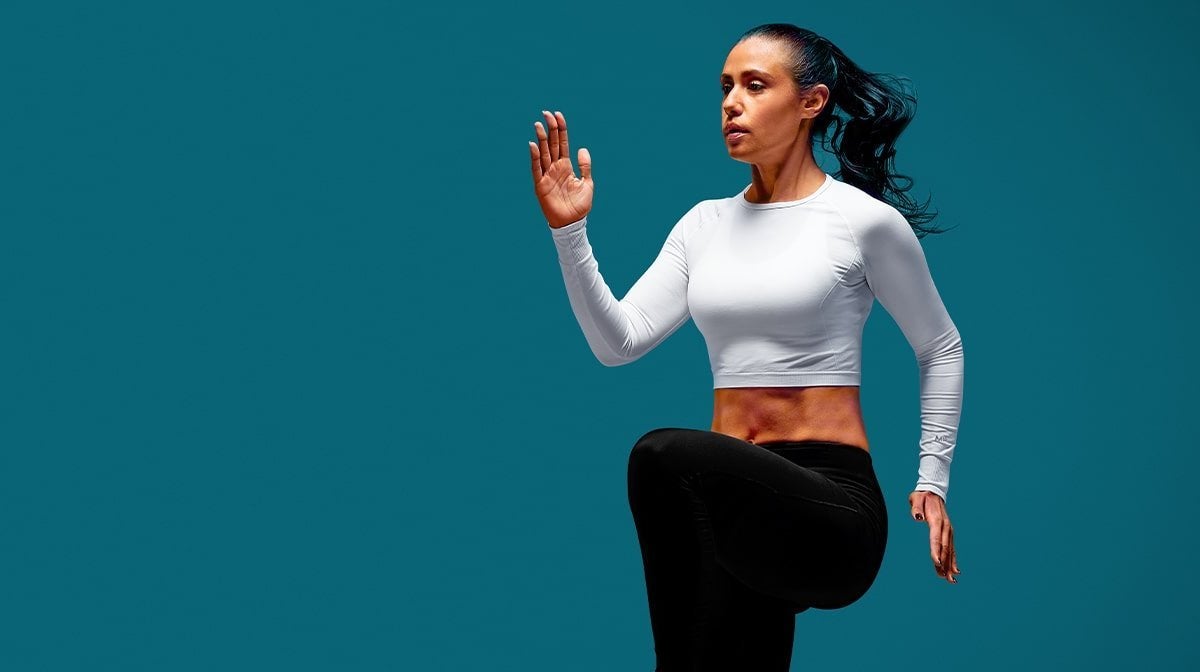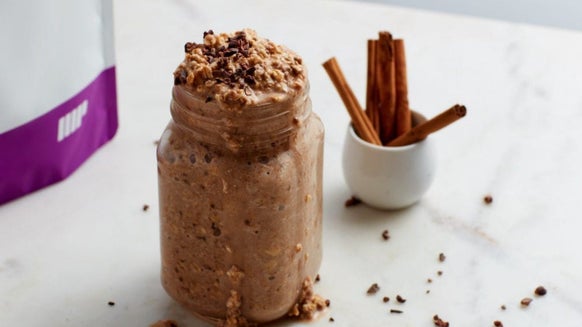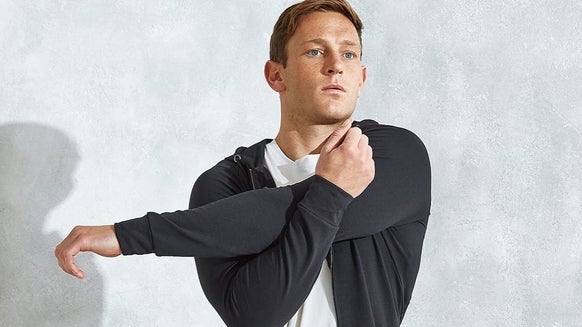Cinema Trip Workouts, New Ways To Measure Calories & Caffeine Vs. Exercise | This Week’s Top Studies


Whether you’re looking for some crazy fitness facts to humble-brag to your friends, or just love to stay up to date on the latest exercise, our weekly review of studies will help you keep on top of the latest need-to-know information.
This week, we’re looking at whether calorie information on food makes you think twice, if a trip to the cinema is as beneficial as a light workout, and whether exercise can wake you up better than caffeine. Read on to find out.
What if you had to run for 45 minutes for that bag of crisps?

Do you pay much attention to the red, amber, green labelling on your food packaging? According to one study, there’s limited evidence that it encourages people to pick out healthier options, so they’ve come up with a new solution.1
They’ve labelling food with information on the amount of exercise you’d need to burn it off (e.g. 20-minute jog to burn off this bag of crisps) and comparing it to other types of nutritional labelling. The researchers found that labelling food with a physical activity measure did lead to participants in the study eating significantly lower calories compared to those given foods with different or no labelling. Researchers hope that this kind of labelling would help consumers understand better what they’re eating as it’s comparable to the amount of exercise you need to do — or put them off completely if they’re not in the mood for a jog...
Can watching a film keep you fit?

According to a study by University College London, a visit to the cinema could count as a light workout. Studying a small group of 77 people wearing heartrate monitors at a cinema showing, the research revealed that their heart rates rose to what is considered to be a healthy fat-burning zone for around 45 minutes — comparable to light exercise such as a leisurely walk.2
Well, if you needed an excuse to go to the cinema, then we guess you’ve got one. Although, this research was funded by Vue Cinemas and until they swap out the cinema seats for spin bikes, there’s no way you’ll be burning off that extra-large popcorn and bag of sweets.
Caffeine or cardio — which is better for your brain?

We’ve all used caffeine to keep us focused through a busy morning, but a study may have found a new method for boosting your brain that comes without the withdrawal symptoms.3 Researchers compared the effects on working memory of a 20-minute brisk walk on a treadmill versus a dose of caffeine equivalent to one cup of coffee.
They found that exercise was just as beneficial as a coffee in boosting working memory for both caffeine and non-caffeine drinkers. In addition, the results showed that exercise could also lessen the negative effects of caffeine withdrawal. So, whether you’re looking to reduce your caffeine intake, or boost that brainpower, a brisk walk could do the trick.
Take home message
While some of these studies are small and require further research, keeping up to date with the latest health and fitness news can give you ideas on how to tweak your diet or training to find what works for you. Check back in next week for another update on the latest studies.

- Daley, A. J., McGee, E., Bayliss, S., Coombe, A., & Parretti, H. M. (2019). Effects of physical activity calorie equivalent food labelling to reduce food selection and consumption: systematic review and meta-analysis of randomised controlled studies. J Epidemiol Community Health.
- Devlin, Joseph, Jorina von Zimmermann, Emily Goldman, Ruth A, Hackett & Daniel C. Richardson, (2019). Getting Lost in a Movie.
- Morava, A., Fagan, M. J., & Prapavessis, H. (2019). Effects of Caffeine and Acute Aerobic Exercise on Working Memory and Caffeine Withdrawal. Scientific Reports, 9(1), 1-9.







